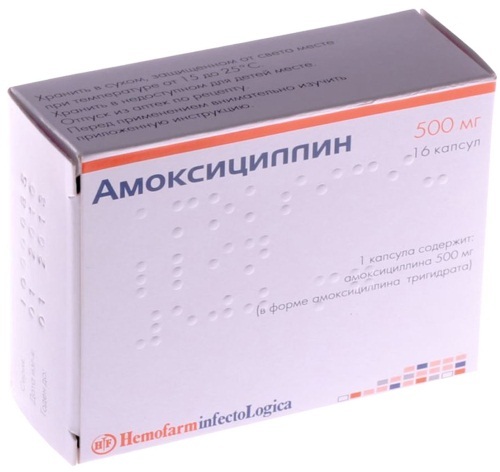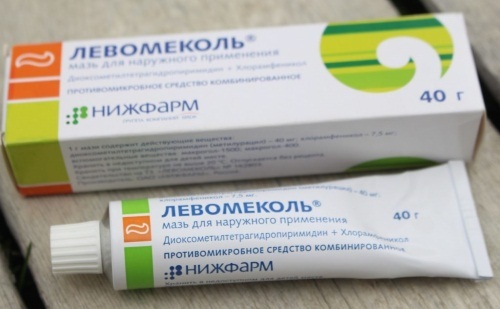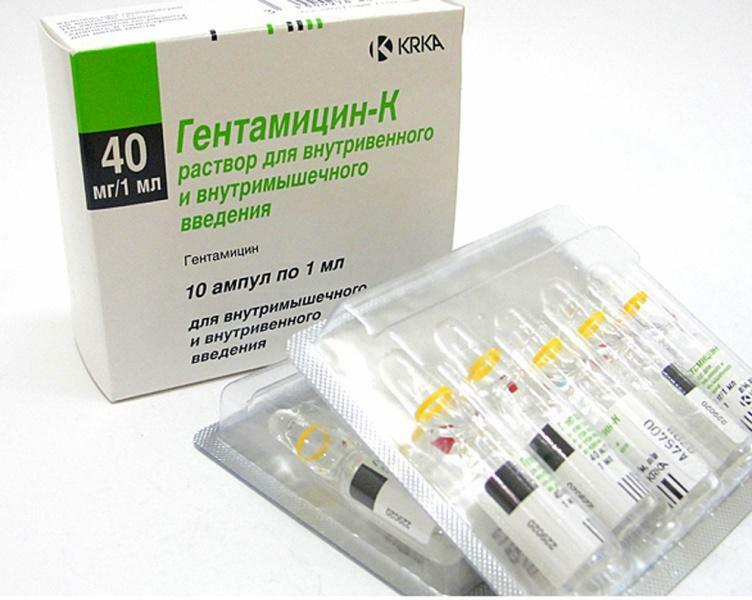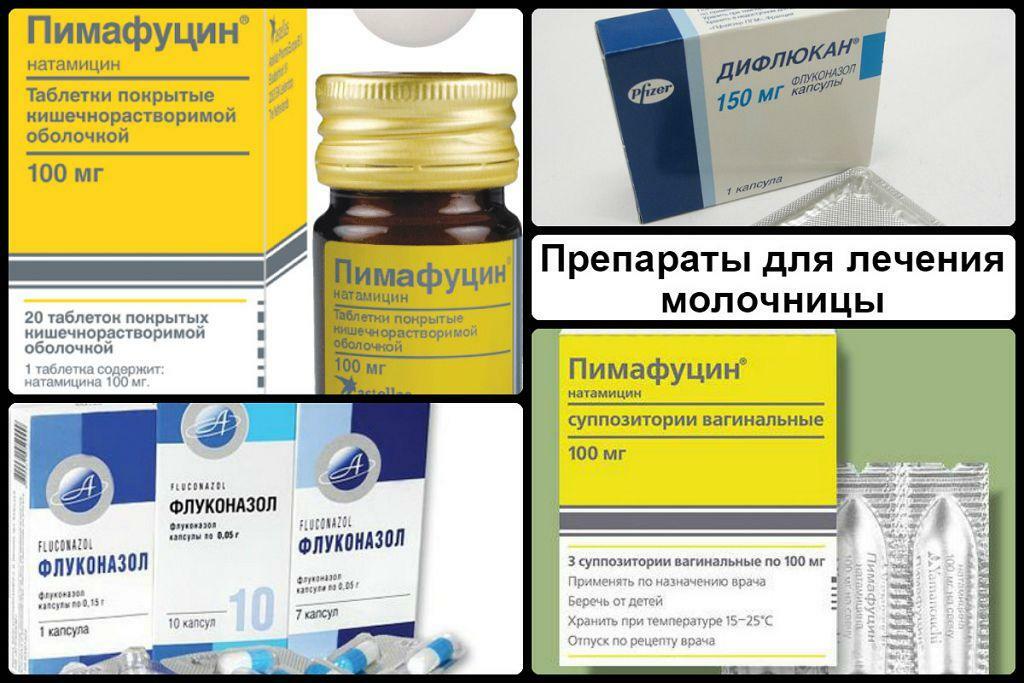A severe infection that affects the nervous system is tetanus. As a result of damage to the body, uncontrolled muscle contraction develops. They are constantly tense, convulsions occur. This disease has a high mortality rate. Therefore, adults need to know about the symptoms of pathology, methods of diagnosis and treatment.
The content of the article:
- 1 Types of tetanus
- 2 Causative agent of the disease
- 3 The prevalence of the disease
- 4 Causes and ways of infection
- 5 Incubation period
- 6 How does the disease develop?
- 7 First signs
- 8 Symptoms of tetanus in humans
- 9 Diagnostics
- 10 Tetanus treatment
- 11 Consequences and prognosis
- 12 Causes of deaths
- 13 Adult vaccination schedule
- 14 Emergency vaccination
- 15 Vaccination of pregnant women
- 16 Tetanus video
Types of tetanus
Tetanus (symptoms in adults include lack of appetite) is classified. The types of the disease are shown in the table.
| Classification of tetanus | Description |
| Infection mechanism | The disease is divided into a traumatic type, which occurs as a result of an inflammatory process or tissue destruction. And also tetanus is cryptogenic, in this case there is no obvious infection. |
| Prevalence (localization) | Types of disease:
|
| Severity | The disease has the following severity of the course:
|
Causative agent of the disease
The causative agent of tetanus is the clostridium titanium bacillus. In Latin - Clostridium tetani. The wand lives in an airless environment. Exposure to oxygen is detrimental to her.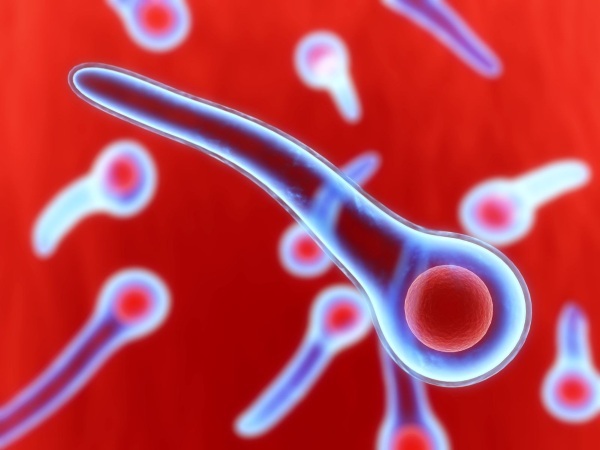
But the microorganism can form spores - these are bacteria that are resistant to adverse external conditions. In this form, Clostridium titanium tolerates drying, freezing, boiling. When the stick hits an open wound, the spore becomes active.
The bacterium is safe to swallow. The gastric acid cannot destroy the dispute, but the gastrointestinal tract does not absorb it. Therefore, not all people are infected with tetanus.
The prevalence of the disease
In terms of deaths, tetanus is in 2nd place according to data from statistics of all pathologies of an infectious nature. The mortality rate is from 40 to 70%. The high incidence rate is observed only in countries with low living standards and lack of preventive vaccinations.
Causes and ways of infection
The main source of infection is a farm animal. Clostridium was found in their gastrointestinal tract. The way the pathogen enters the environment is feces. Due to the resistance of the bacteria to external conditions, the pathogen can maintain its vital activity in the soil for a long time. If there is no additional direct access of oxygen, then Clostridium actively multiplies.
Therefore, the soil is the pathogen. The stick enters the body through the damaged surface of the skin. For example, with a wound. The highest incidence rate was seen during wartime. This is due to injuries, wounds, due to which the pathogen easily penetrated the body.
In peacetime, the following causes of the onset of the disease exist:
- trauma to the lower extremities - puncture of the leg with a different object (nail, rake, and others);

- long-term non-healing wounds on the feet;
- burn;
- the presence of a splinter;
- swelling around the wound surface;
- frostbite;
- insect bites;
- trophic ulcer;
- dressing the wound with a dirty rag or gauze;
- frequent intramuscular or intravenous injections;
- carrying out an abortion outside the hospital - for example, at home without the help of medical personnel or the action of an employee in conditions with a low level of sanitary culture;
- violation of the rules of asepsis and antiseptics when cutting the umbilical cord.
There is a list of people who are at risk. These people have an increased chance of getting infected.
The risk group includes the following categories of the population:
- people working in agriculture - possible injury in the field;
- military personnel - there is a possibility of injury;
- drug addicts - the transmission of the disease occurs through a syringe that is contaminated with soil or dust;
- living in the countryside;
- living in southern countries.
In human feces, tetanus spores are rare. For example, a groom or a milkmaid.
Tetanus (symptoms in adults include headache) is transmitted primarily through contact. That is, the pathogen penetrates through lesions in the skin and mucous membranes. The disease cannot be transmitted by contact with an infected person.
Incubation period
The incubation period is the period of time that lasts from the moment the pathogen enters the body until the onset of primary symptoms. Its average duration is from 6 to 15 days. In rare cases, the period can be increased to 1 month.
With a short incubation period, the pathology will be severe. Additionally, there is a high probability of death. And the farther from the central nervous system is the lesion, the longer the incubation period.
The flow is influenced by the following factors:
- immune protection;
- feature of the wound;
- virulence of a microbe - the degree of ability of a given infection to infect the body.
During the incubation period, a person may feel bad. Muscles tense at the site of the suspected infection. There is nervousness, increased sweating.
The incubation period is characterized by mild symptoms. This stage of tetanus is dangerous, since it is difficult to recognize pathology by signs. A person may attribute the symptoms to mild malaise.
How does the disease develop?
The tetanus pathogen does not have the ability to enter the body through intact skin and mucous membranes. If he got through the wound, all conditions correspond to vital activity (lack of oxygen), spores germinate into the vegetative system.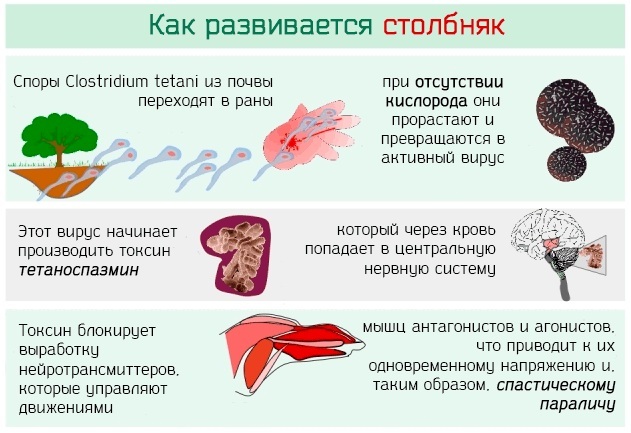
The stick multiplies, but does not go beyond the wound surface. Further, exotoxin (a substance produced by a bacterium) penetrates into the bloodstream and spreads throughout the body. The most significant exotoxin is tetanospamine.
It is similar to intercalary neurons. These are cells of the nervous system that block excessive impulse. Tetanospamin enters neurons, their properties are lost, activity decreases. The inhibitory effect decreases, convulsions occur. And also tetanospamine increases blood pressure and heart rate. Additionally, the toxin has a negative effect on the heart.
As a result, various disorders occur - problems with the liver and kidneys, respiratory depression. As a consequence, the likelihood of death increases.
First signs
Tetanus has initial symptoms.
These symptoms appear first:
- pain in the area of damage - it has a pulling and aching character;
- discomfort in the head;
- nervousness;
- irritability;
- discomfort when swallowing due to the tension of the chewing muscles;
- slight twitching of the muscles in the affected area.
Symptoms of tetanus in humans
Tetanus in adults is characterized by symptoms:
- a person has difficulty opening his mouth due to spasm of the masticatory muscles;
- drooping of the corners of the lips;
- wrinkled forehead;
- uncharacteristic smile;
- cramps that cover the whole body;
- convulsions resulting from an external factor - for example, exposure to noise.
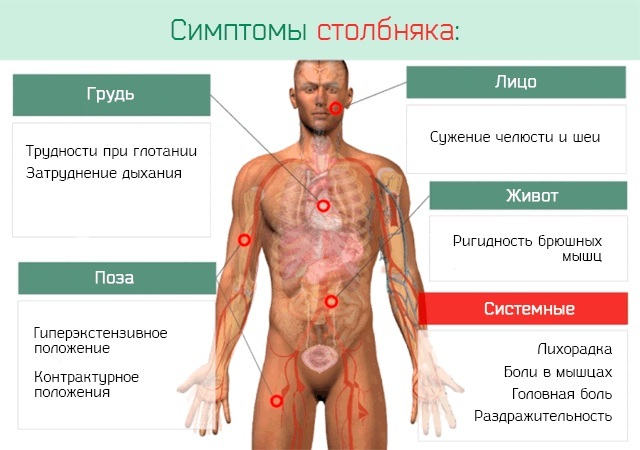
Tetanus. Symptoms
The seizures can last for a short time. But during this period, a person spends a lot of energy, the body is depleted. With the progression of the disease, seizures increase in intensity and duration. The most serious condition is that the attacks are continuous.
With convulsions, there is no loss of consciousness, but the person is emotional - he screams, gnashing his teeth. In addition, fear arises. When there are no seizures, the person's sleep is disturbed.
Additional signs of tetanus:
- trouble swallowing;
- violation of the emptying of the bladder and intestines - this is due to muscle contraction;
- an increase in body temperature up to 40 degrees.
The table shows the signs of the disease, depending on the stage.
| Disease stage name | Description |
| Incubation period | With this form, the following symptoms may appear:
But signs don't always come up. The period may be asymptomatic. |
| Onset of the disease | The duration of the stage does not exceed 2 days. First of all, there is discomfort at the site of injury. Further, the chewing muscles contract, the person hardly opens his mouth. If the case is severe, then the teeth are completely closed. |
| The height of the disease | The duration of the period is from 8 to 12 days. If tetanus is severe, then the period can be increased to 2 - 3 weeks. And also the duration of the heat depends on the timeliness of contacting a specialist, the presence of preventive vaccinations, and concomitant diseases.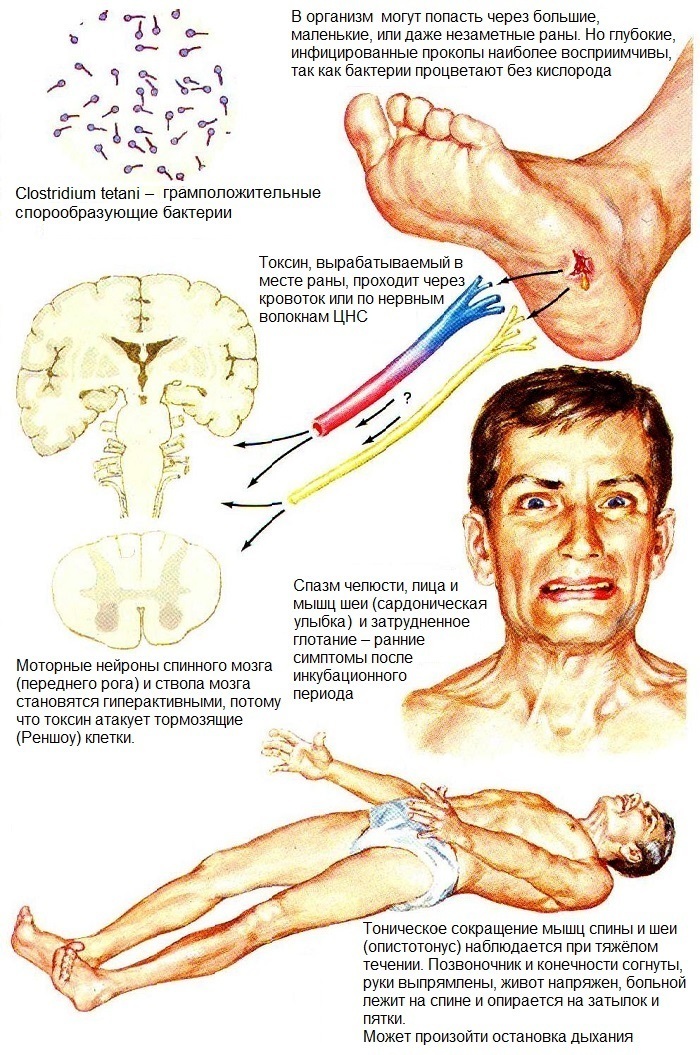 A person develops a sardonic smile - raised eyebrows, stretching of the mouth in breadth. Additionally, it is difficult to swallow, the occipital muscles are in a tense state. Stiffness of body movements is possible. Convulsions appear that bring pain to a person. Their duration does not exceed 2 minutes. They arise spontaneously or under the influence of irritating factors. With convulsions, a person's face becomes blue, swollen, and large drops of sweat appear in addition. |
| Recovery | The severity and frequency of seizures decreases, the muscles relax. This period can last up to 2 months. But it is in the stage of recovery that complications appear. |
Diagnostics
Tetanus (symptoms in adults include seizures) needs diagnosis. It is difficult to recognize the disease on your own. Therefore, you should be examined. Diagnostics includes bacteriological examination. They take a swab, dressings, and sometimes soil is required. In this case, the stick can be quickly detected.
Material for research is taken from the site of infection (skin damage). Sometimes they can make a swab from the nasal cavity, from the mucous membrane of the pharynx. Together with bacteriological analysis, the biomaterial is examined for tetanus antitoxin (using mice).
Algorithm of carrying out:
- Grinding the material.
- Adding saline.
- Incubation at room temperature for 1 hour. The method is used to protect the material from contamination. Additionally, the device balances the pH.
- Filtration.
- One part of the filtrate is mixed with anti-tetanus serum (0.5 ml per 1 ml of extract) and incubated for 40 minutes.
- Then 1 group of animals is injected with an extract that has not been incubated with serum. And the 2nd group - a completely incubated mixture. If the biomaterial contains a bacillus that causes tetanus, then the first group of animals will develop symptoms of the disease.
Additionally, the doctor conducts a survey. It is important to describe all the symptoms that bother the person.
At the initial stages of pathology, laboratory diagnostics (blood tests) are powerless. In this biomaterial there will be no toxin and antibodies ready to fight the disease. The immune system does not react to tetanus. If antibodies are found in the blood, this means that the person has received a prophylactic vaccine.
Tetanus treatment
Tetanus therapy cannot be done at home.
You should definitely visit the hospital. Inpatient treatment is required. The patient can stay in the hospital for up to 3 months. Discharge from the hospital is carried out only in case of complete normalization of the condition and the absence of seizures. Tetanus treatment includes the methods listed in the table.
| Method name | Description |
| Medications | For tetanus, the following groups of medicines are prescribed:
|
| Folk remedies | Herbal recipes are used only in case of mild disease. The funds help to reduce symptoms and improve a person's well-being. The following recipes are used as folk methods:
|
| Prevention of bedsores | In the hospital, the patient is periodically turned from one side to the other. Additionally, there is a change of linen. The skin is wiped with special preparations. To do this, use:
|
| Wound treatment | In order for oxygen to enter the area of localization of the pathogen, it is necessary to open and treat the wound. To avoid seizures, the procedure is performed under general anesthesia. |
| Tracheal intubation | The procedure is performed if the patient has stopped breathing. A tube is inserted into the trachea, which ensures the patency of the pathways. Next, the person is connected to a ventilator. |
Consequences and prognosis
Tetanus (symptoms in adults include trouble swallowing) has consequences. If treatment is started late, the likelihood of complications increases.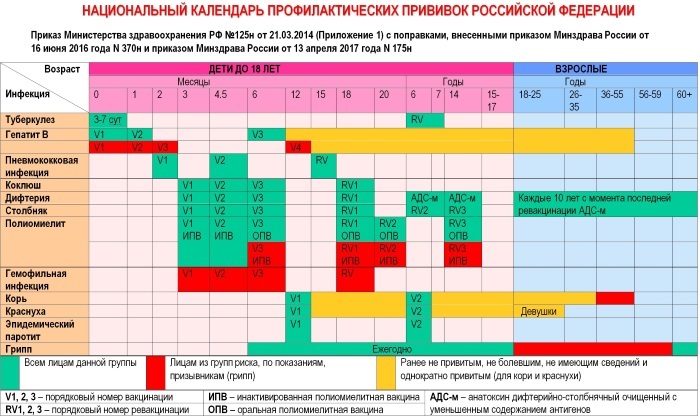
The consequences include the following points:
- bronchitis;
- pneumonia;
- tears of muscles and tendons due to seizures;
- spinal deformity due to constant muscle tension;
- lack of oxygen due to seizures;
- myocardial infarction and heart paralysis due to lack of oxygen.
This disease has a high mortality rate.
To reduce the likelihood of infection, preventive measures should be followed:
- avoid injuries that can lead to tetanus;
- treat any damage to the skin with water, an antiseptic, additionally apply gauze in place;
- handle large damages in a medical facility;
- use only sterile bandages for dressing;
- purchase sterile injections, use the device only once;
- make preventive vaccinations in accordance with the vaccination schedule;
- make an appointment for a preventive examination with a therapist 1 time in 6 months;
- undergo a complete examination of the body once a year.
Causes of deaths
Death with tetanus can occur for various reasons:
- frequent convulsions, severe oxygen deprivation;
- spasm of the muscles of the larynx;
- decreased ventilation of the lungs;
- brain stem damage;
- cessation of breathing;
- heart failure.
Adult vaccination schedule
Tetanus vaccination is mandatory throughout the Russian Federation.
There are different vaccinations for the disease:
- DPT is the most famous vaccine that protects against whooping cough, diphtheria, tetanus.
- Infanrix is the Belgian analogue of the domestic DPT.
- Tetracoccus is a vaccine that additionally (in addition to tetanus) protects against 3 diseases (whooping cough, diphtheria, poliomyelitis).
- AS - tetanus antitoxin.
- ADS-M - vaccination provides protection against tetanus and diphtheria.
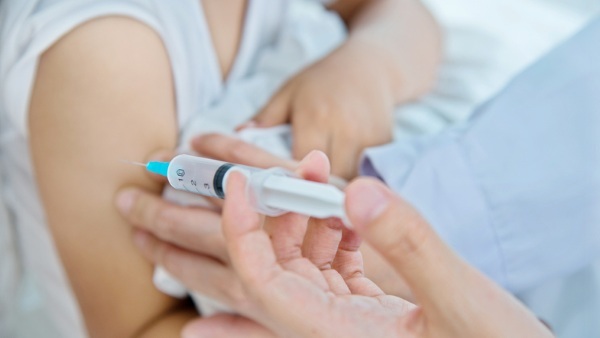
The vaccine is administered at 3 months. Then the vaccination is done at 4.5 and 6 months. Vaccination is repeated at 18 months. Further, the vaccination is done at 6 - 7 years old. Then at the age of 14, along with the diphtheria vaccine. Further, the vaccination should be done at the age of 18. After that, a repeat vaccination is required once every 10 years.
Children need more frequent vaccinations in order for the body to develop immunity to the disease. In adulthood, antibodies persist for 10 years. Sometimes the vaccination schedule can be changed.
This happens in the following cases:
- the child's parents refuse to administer the drug;
- an adult refuses to be vaccinated;
- poor human condition;
- side effects from previous vaccinations.
If the vaccination scheme is violated, then the doctor must draw up a new one.
Emergency vaccination
Emergency vaccinations are given if there is a chance of contracting tetanus. For example, when receiving an injury to the lower extremities. Even if after the introduction of vaccination a person falls ill, the pathology will be mild.
Emergency vaccination is an urgent administration of a drug. After injury, you must be vaccinated within 20 days. And if the defeat is serious, then this period is 3 - 12 days.
Vaccination of pregnant women
The opinions of doctors about the introduction of vaccinations for pregnant women differ. Some believe that this is necessary. Others are against it, since the female body is weakened, therefore, after the introduction of the vaccine, the immunity can form its defense incorrectly. Therefore, the decision on vaccination must be made by a specialist.
Most often, pregnant women are vaccinated in the following cases:
- living in places with unfavorable ecology;
- frequent injury;
- lack of vaccinations before pregnancy;
- a low concentration of antibodies to Clostridium titanium was found in the blood of the expectant mother.
Before getting vaccinated, you should take into account the condition of the pregnant woman. For example, if a woman is worried about severe toxicosis, then vaccination should not be carried out. It is also not recommended to administer the drug at an early or late stage of pregnancy. The optimal time is III trimester (36 - 37 weeks).
Vaccines for pregnant women:
- ADS-M.
- AC.
- ADS.
- Tetracock.
- Tritanrix NV.
Before being vaccinated, a pregnant woman should:
- undergo a complete examination of the body;
- in 2 - 3 days, exclude foods that have increased allergenicity (milk, strawberries, oranges);
- in 1 - 2 days, start using antiallergic drugs if a woman often has side effects;
- to rest good;
- get enough sleep on the eve of vaccination.
A disease called tetanus is a serious infectious pathology. The disease has a high mortality rate, although it is not common. As symptoms, in adults, cramps are noted due to muscle spasm.
Treatment of the disease should be carried out in a hospital setting. As a therapy, various methods are used - medicines, folk remedies. To reduce the likelihood of illness, it is necessary to follow preventive rules, including vaccination.
Article design: Vladimir the Great
Tetanus video
Malysheva about tetanus:

